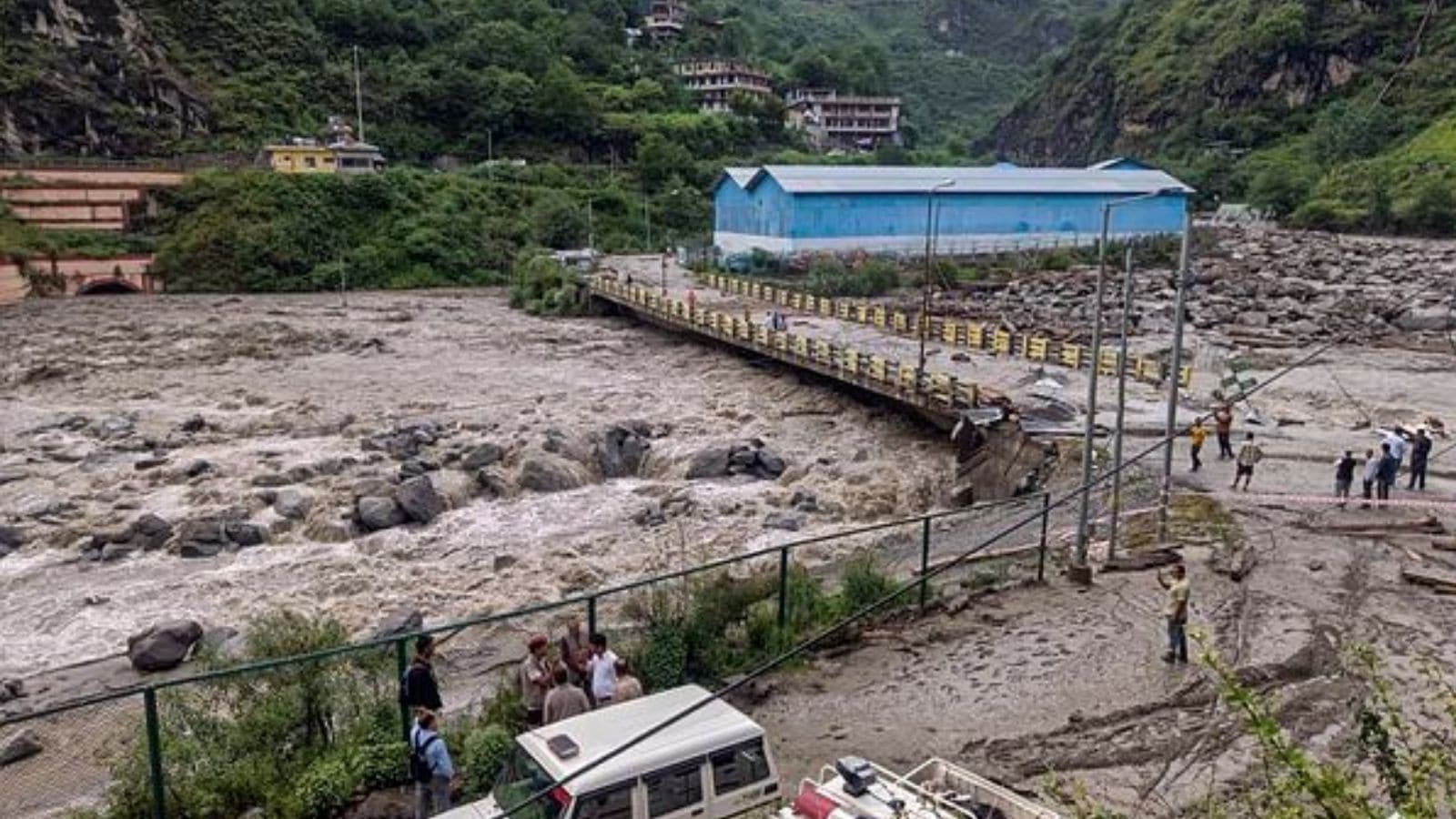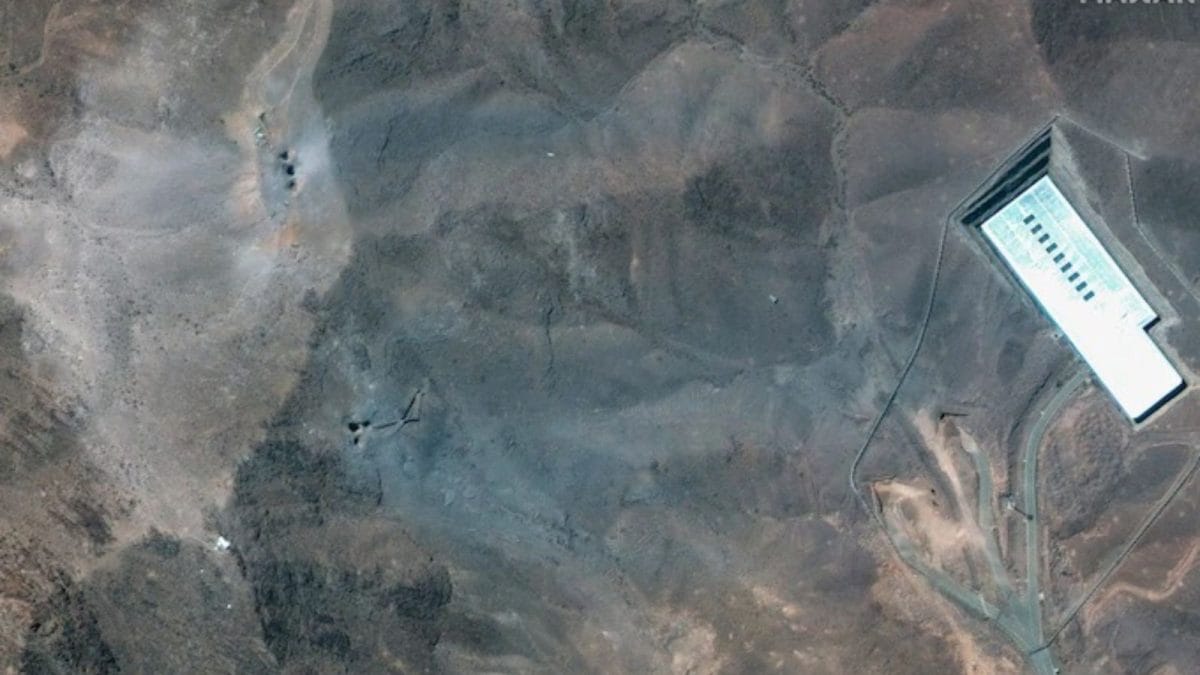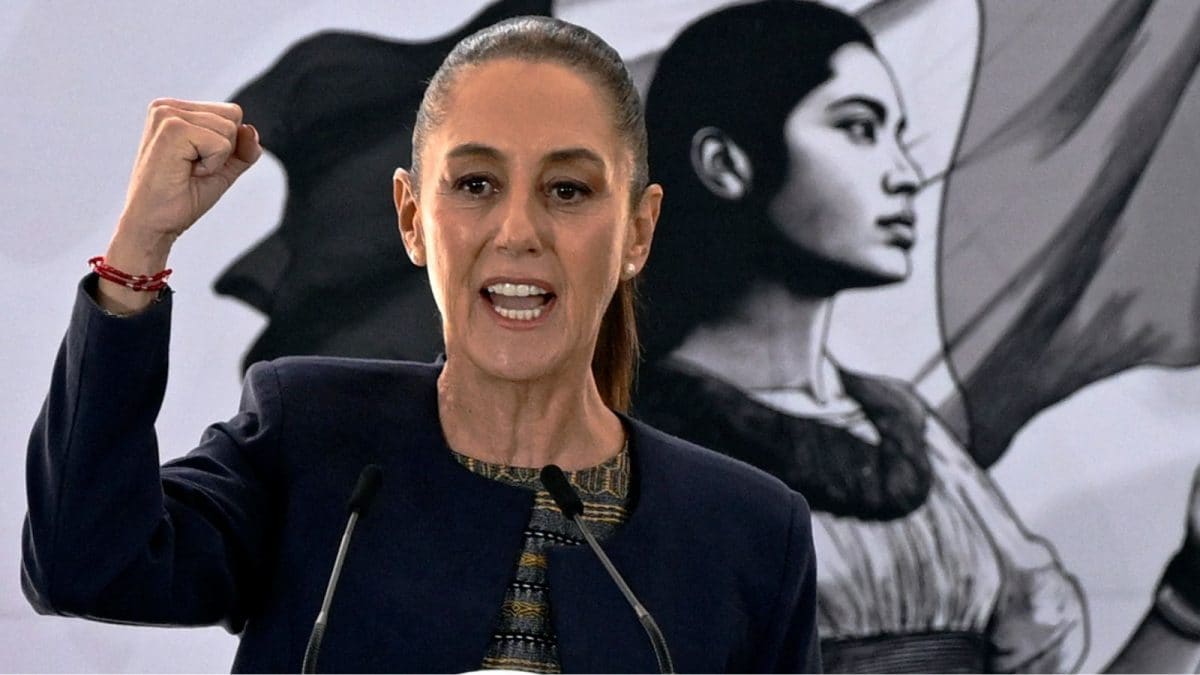The story so far: Disposing of a writ and contempt petition, the Supreme Court in Nandini Sundar and Ors. versus State of Chhattisgarh held that the passing of an Act by the State of Chhattisgarh, subsequent to its order, cannot be said to be an act of contempt of the order passed by the Court.
What did SC order of July 2011 state?
The Supreme Court, on July 5, 2011 issued an order stating that the State of Chhattisgarh shall cease and desist from using Special Police Officers (SPOs) in any activities, directly or indirectly, aimed at controlling, countering, mitigating or otherwise eliminating Maoist activities. The Court ordered the State to recall all firearms issued to any of the SPOs. The order said that the State shall take all appropriate measures to prevent the operation of any group, including but not limited to the Salwa Judum and Koya Commandos.
The Court also directed the Union of India to cease and desist from using any of its funds in supporting, directly or indirectly, the recruitment of SPOs for the purposes of engaging in any form of counter-insurgency activities against Maoists. The Court concluded that the appointment of inadequately paid and ill-trained SPOs engaged in checking Maoism was violative of Article 14 and Article 21 of the Constitution.
Why was a contempt case filed?
Consequent to the Supreme Court order of July 2011, the State of Chhattisgarh enacted the Chhattisgarh Auxiliary Armed Police Forces Act, 2011. Section 4(1) of the Act provides that an auxiliary force shall be constituted ‘to aid and assist the security forces’ in the maintenance of public order and preventing, controlling and combatting Maoist/Naxal violence and insurgency, etc. Section 5(2) of the Act further states that the members of the auxiliary force ‘shall not be deployed in the front-line positions of an operation and shall always work under supervision of the security forces…’. The provision of compulsory training for a period not less than six months, is also prescribed under the Act. Only those SPOs, who would be eligible as per these prescribed yardsticks, were to be inducted into the auxiliary force (by screening committee). The legislature thus had addressed all the concerns observed by the Supreme Court.
However, it was argued by the petitioners that the said enactment was not in consonance with the Court’s order and therefore amounted to contempt of Court.
Why was contempt prayer rejected?
There were reasons for rejecting the relief sought by petitioners. One, the Supreme Court took cognisance of the fact that all the directions issued by the Court had been complied to by the State of Chhattisgarh and necessary reports were submitted.
Second, the Court said that every State legislature has plenary powers to pass an enactment so long as the said enactment was not declared to be ultra vires of the Constitution. Any law made by Parliament or a State Legislature cannot be held as an act of contempt. The Court clarified that a legislature has the power to pass a law, to remove the basis of a judgment or validate a law which has been struck down by a Constitutional Court. This is the core of the doctrine of separation of powers and must always be acknowledged in a constitutional democracy. Any piece of legislation enacted by a legislature can be assailed only on the twin prongs of legislative competence or constitutional validity.
In Indian Aluminium Co. versus State of Kerala (1996), the Supreme Court observed that Courts must maintain the delicate balance devised by the Constitution between the three sovereign functionaries. The Court therefore held that unless and until it is first established that the statute so enacted is in opposition to constitutional law or otherwise, it cannot be struck down.
R.K. Vij is a former IPS officer and views are personal.



.png)
.png)
.png)
















 1 day ago
5
1 day ago
5










 English (US) ·
English (US) ·